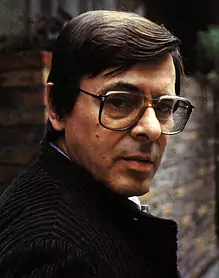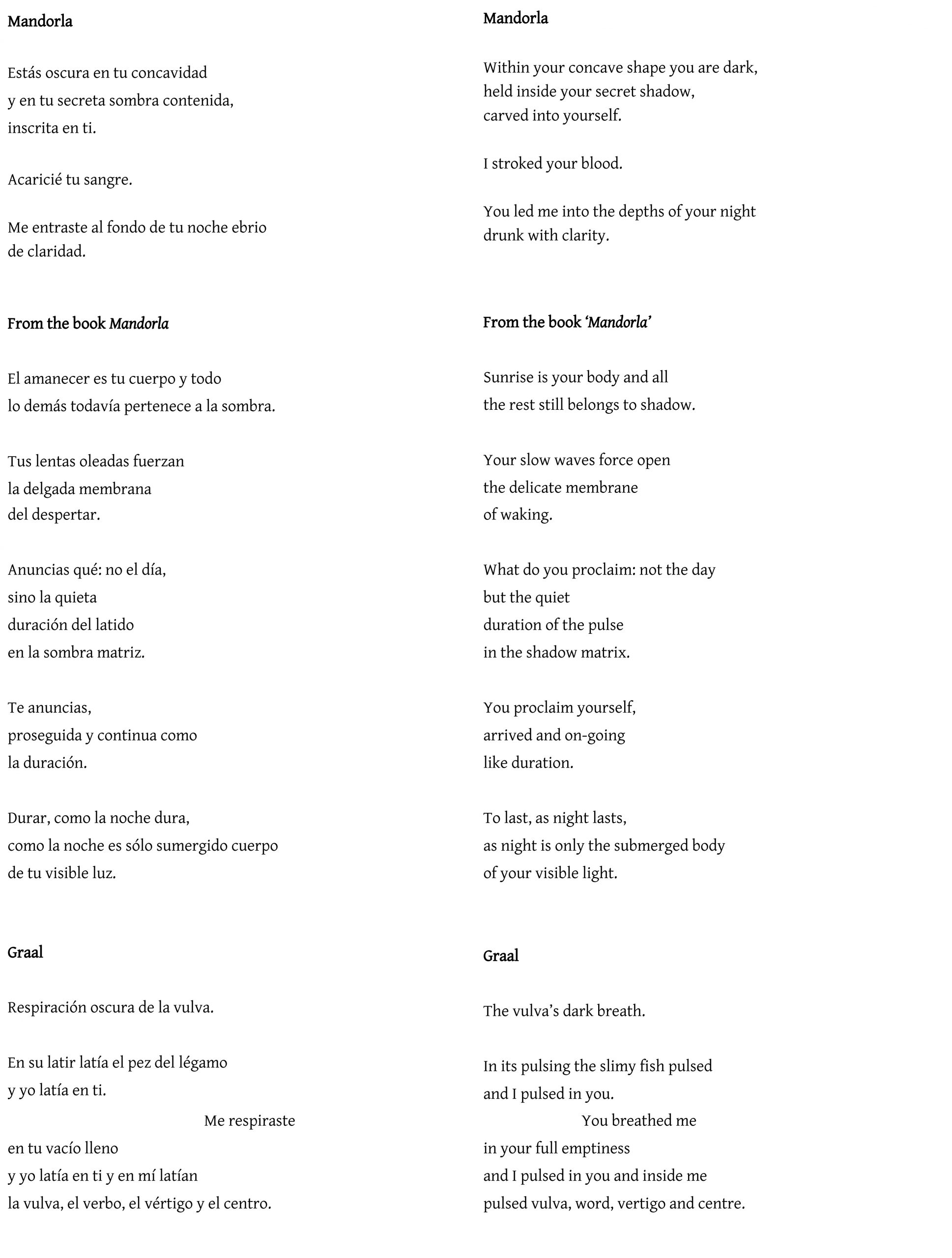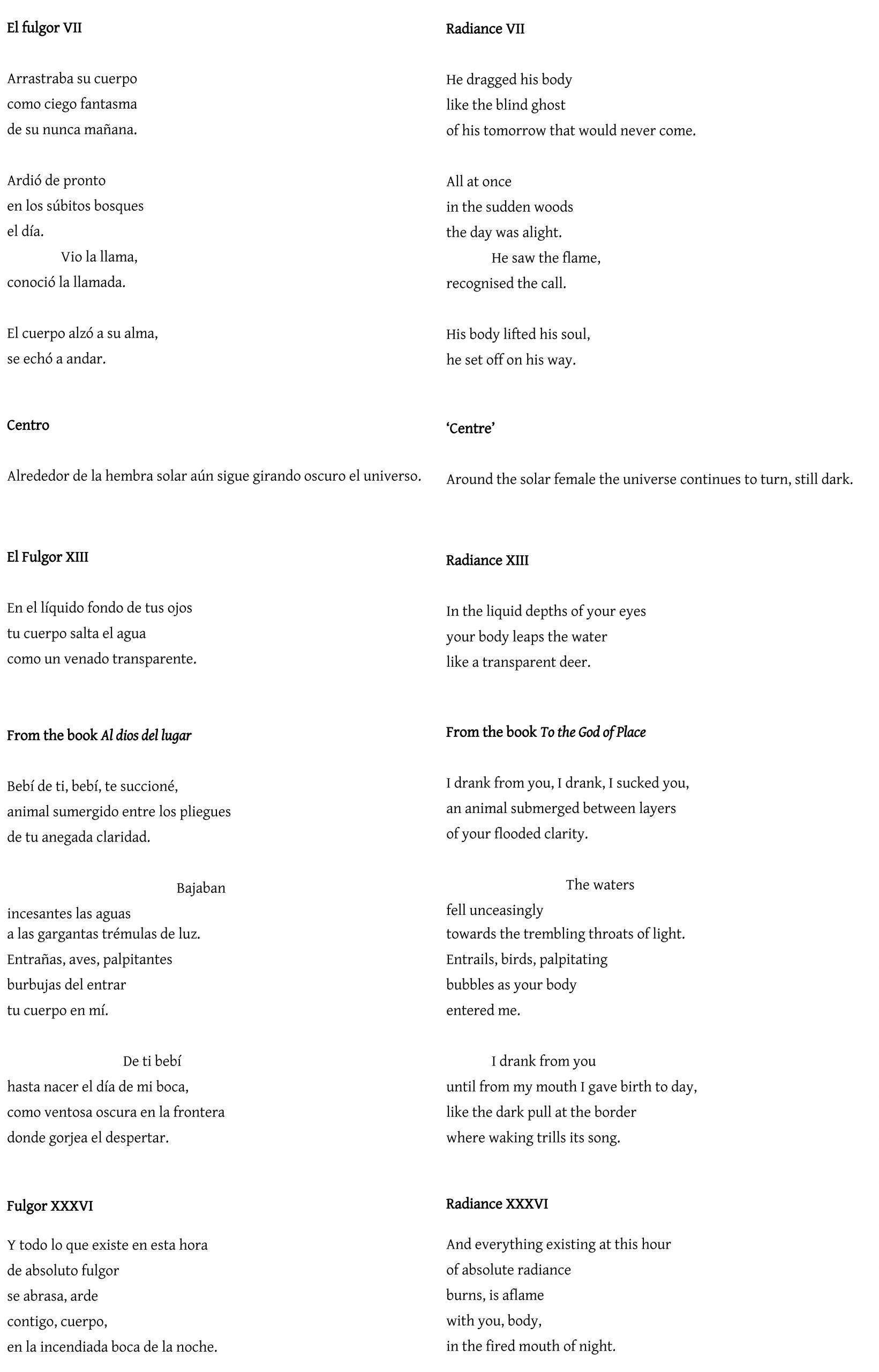José Ángel Valente
(1929–2000)
José Ángel Valente (Ourense, 1929–Geneva, 2000) was a genuinely universal writer in intention, experience and significance:
- in intention, because he was always open to interculturality throughout space and time, by connecting with the Western literary tradition and the Eastern philosophical one, as well as with the classical canon and the experimental avantgarde. It was this openness that drove him to translate from English, French, Italian, German and Greek into Spanish and Galician, in addition to writing in the last two languages.
- in experience, because, after spending his formative years in Ourense and having begun his undergraduate studies at the University of Santiago de Compostela, he went on to graduate from the University of Madrid, where he also became known as a poet. Later, after a three-year lectureship at the University of Oxford, he joined the international professional staff first at the WHO in Geneva and afterwards at UNESCO in Paris, until his retirement to Almeria. Throughout this period, he travelled to very different places, employed by international organizations, and as an established writer.
- in significance, because Valente has been translated into numerous world languages and studied in essays and doctoral theses all over the five continents, and he lent his name to awards and honours in different countries. Several cultural institutions also bear his name, such as the José Ángel Valente Chair of Poetry and Aesthetics of the University of Santiago de Compostela, the Kati document collection in Timbuktu, the library of the Cervantes Institute of Marrakech, a cultural centre in Ourense, the poet’s alchemical house in Almería, as well as streets in both Ourense and Santiago de Compostela.

Eight poems by José Ángel Valente
Valente tried to overcome hierarchies and the resulting scissions by way of an integral rather than dual mystical union, where the unification of opposites occurs on the spiritual level (human-divine), as well as on the material (body-soul) and sexual (feminine-masculine) levels, realised specifically through Eros. It is about the lovers’ desire for fusion discussed by Plotinus and illustrated by Valente in his poems ‘Mandorla’ (mystical almond and vulva matrix) and ‘Graal’ (sacred chalice and unitive centre). So, it is the body that engenders the soul through desire, as can be seen in poems VII and XIII in the book ‘El Fulgor’ (The Radiance). For this reason, in the penultimate poem which starts ‘I drank from you, I drank, I sucked you’, the body continues to be the sacred enclosure in which absorption and suction reach ‘the border where waking trills its song’, that is to say, the limit where light becomes possible and the poetic word comes into being, as identified already with knowledge and life in Neoplatonic harmony. At that point, all dichotomies dissolve in the unity and infinity of the universe, where the One is All and the Many are One.
The poems are presented here in the sequence in which they are cited and discussed in Claudio Rodríguez Fer’s chapter ‘Eroticism of the Infinite: Neoplatonism, Kabbalism, and Sufism in the work of José Ángel Valente’ (see FoI, 373-91).


For searchable text page – click here
Source
Valente, José Ángel (2006), Obras completas I. Poesía y prosa, ed. & introd. A. Sánchez Robayna (Barcelona, Galaxia Gutenberg–Círculo de Lectores), p. 416 (‘Mandorla’), p. 417 (‘Graal’), p. 446 (‘Fulgor VII’), p. 559 (‘Centro’), p. 448 (‘Fulgor XIII’), p. 472 (‘Al dios del lugar’), p. 458 (‘Fulgor XXXVI’), texts reproduced by permission of © Heirs of José Ángel Valente. English translation by © Caroline Maldonado.